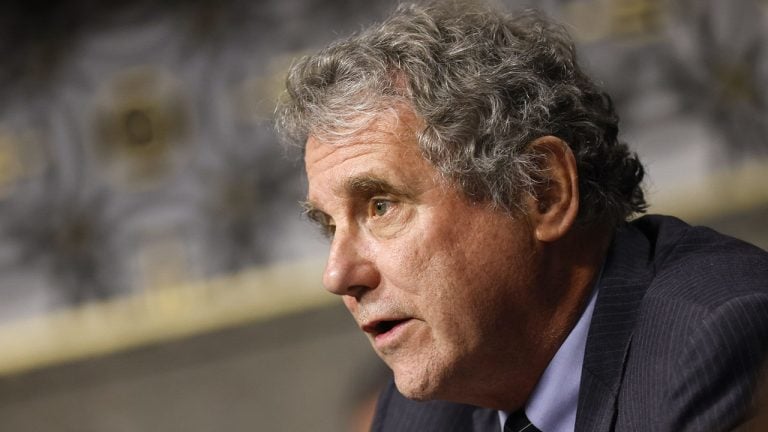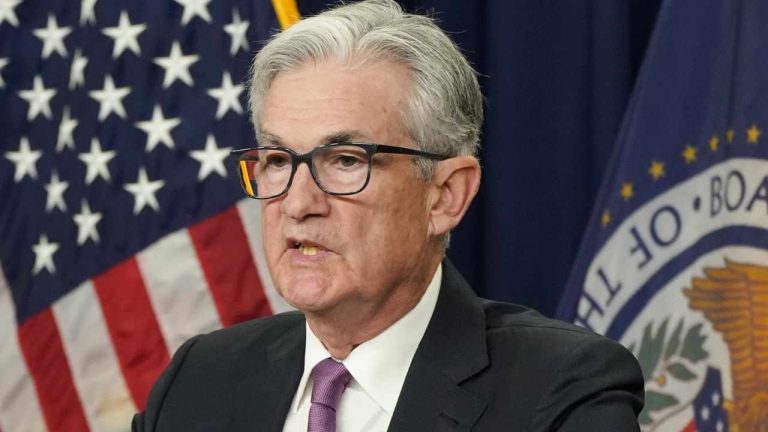
In likely his last committee hearing before leaving office in January, the Ohio senator suggested a looser approach to digital assets could only benefit the “corporate elite.”
Democratic Senator Sherrod Brown gave a final message to United States lawmakers in the Senate Banking Committee before he leaves office in January.
In a Dec. 11 notice, Brown, the Senate banking committee chair, issued a warning as part of prepared remarks for a hearing ahead of the next Congress and President-elect Donald Trump being sworn into office. The Ohio lawmaker said that corporate special interests would have “free rein to rip off workers and customers” based on Trump’s nominations so far.
“He’s opening up our government to the highest corporate bidder,” said Senator Brown, referring to Trump. “It will be up to all of you in this room to preserve the [Consumer Financial Protection Bureau] as the one place where ordinary Americans can go that will fight for them.”










